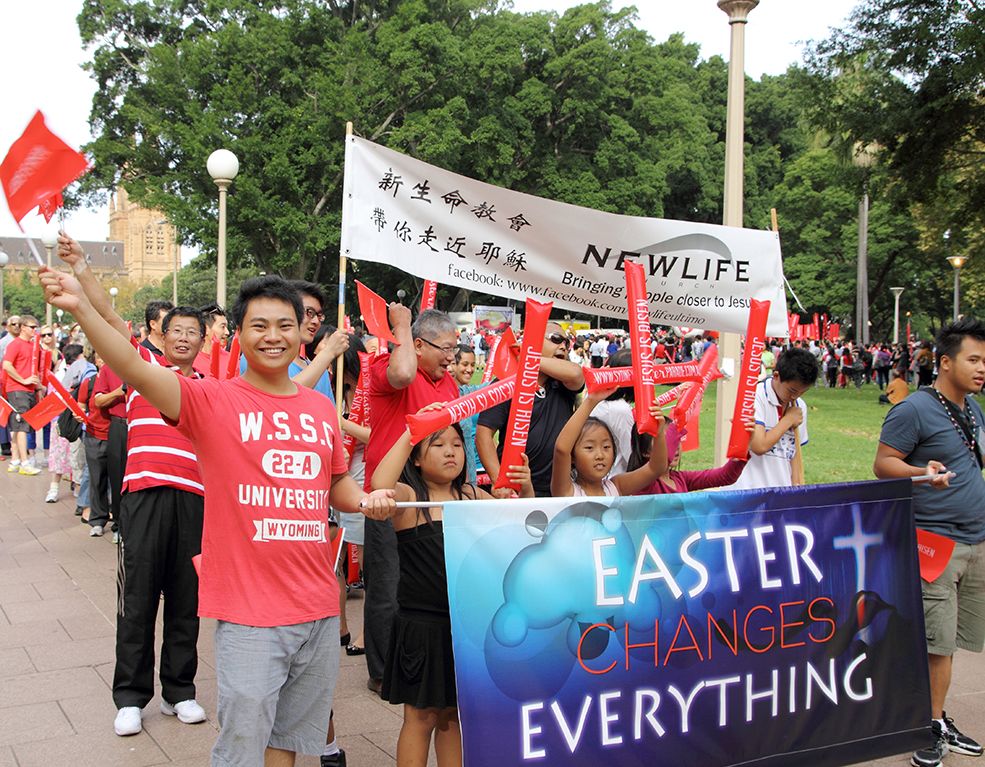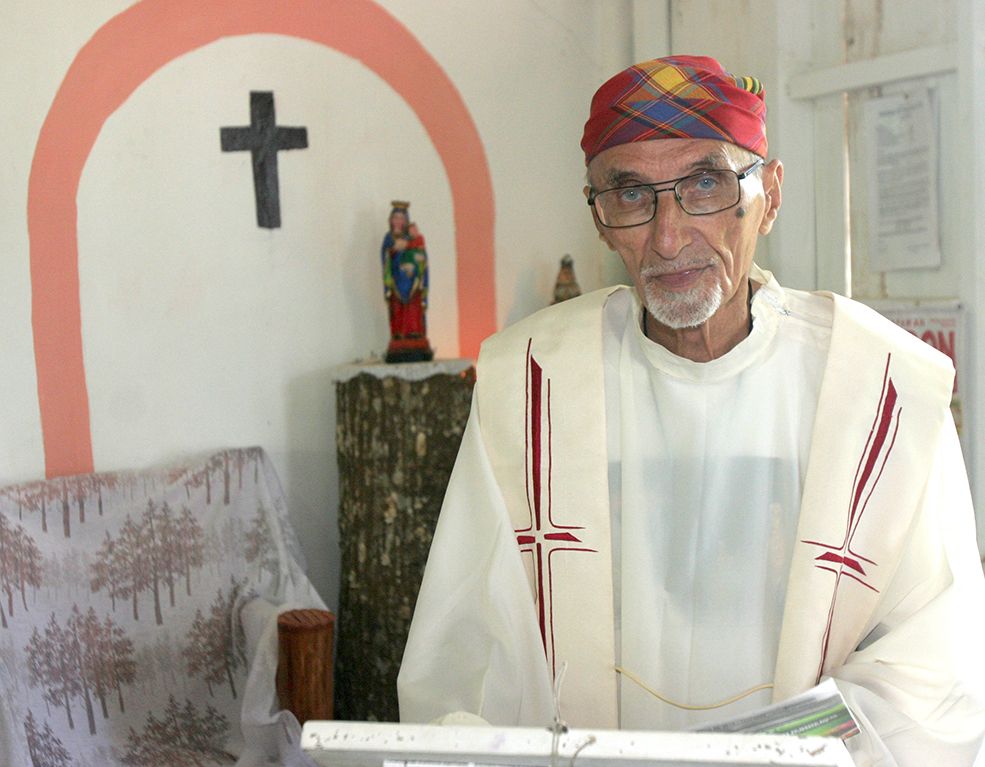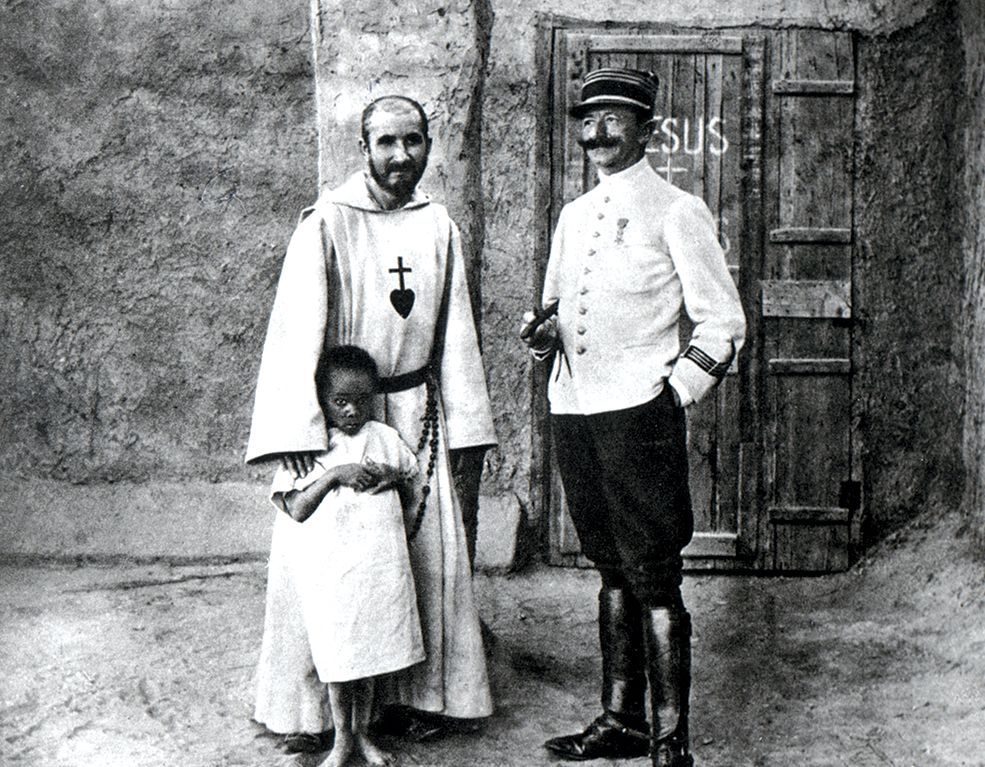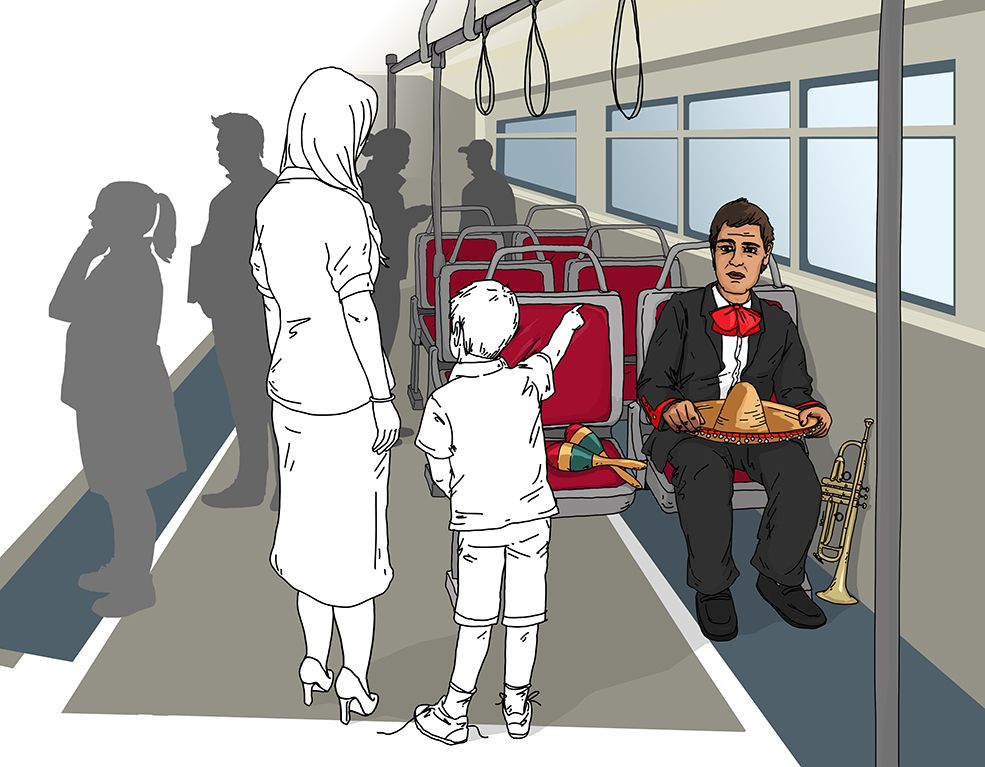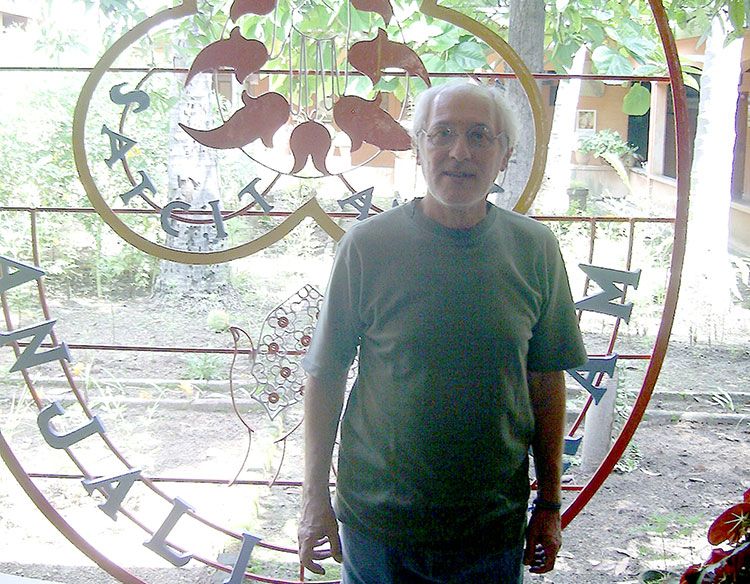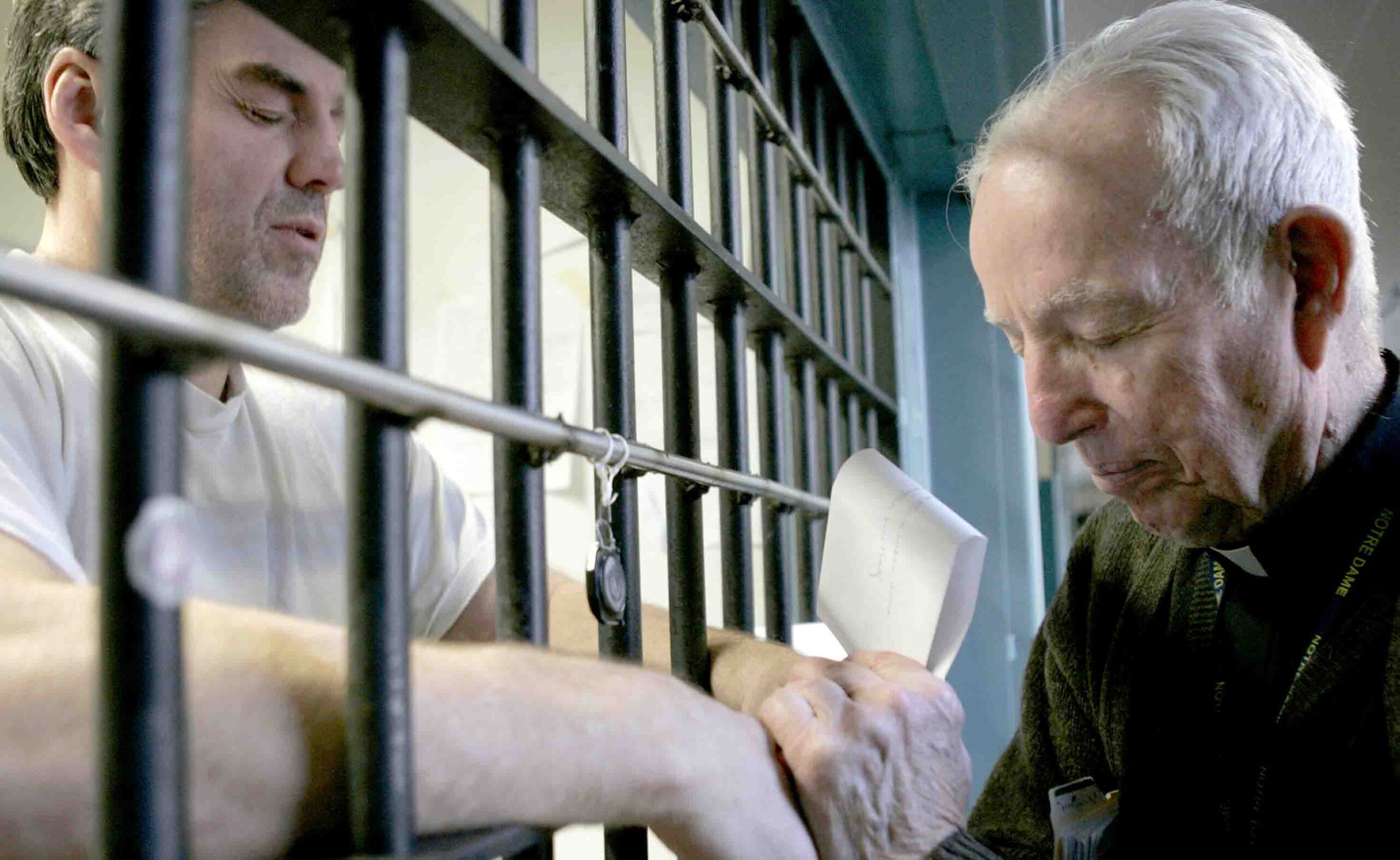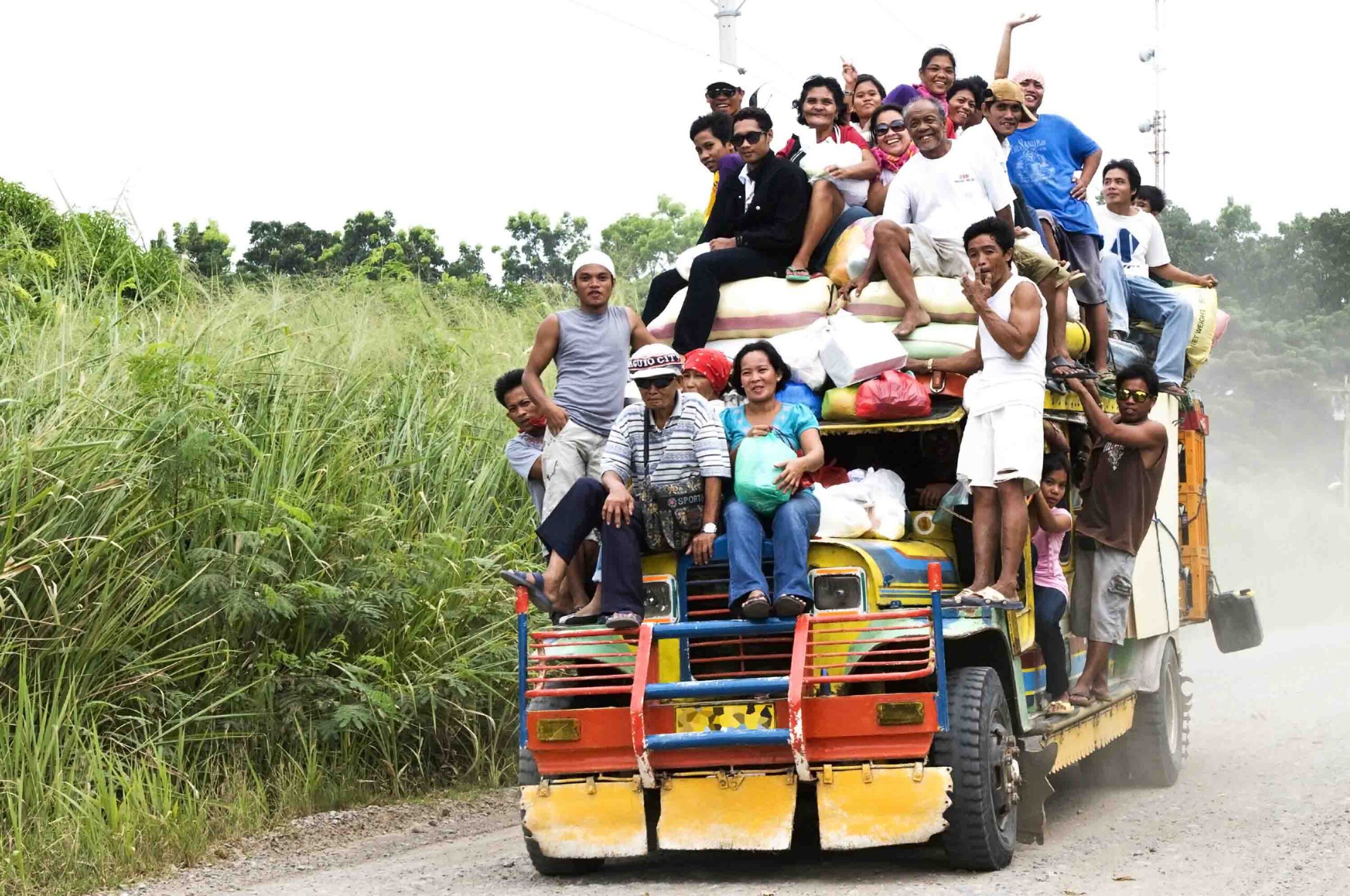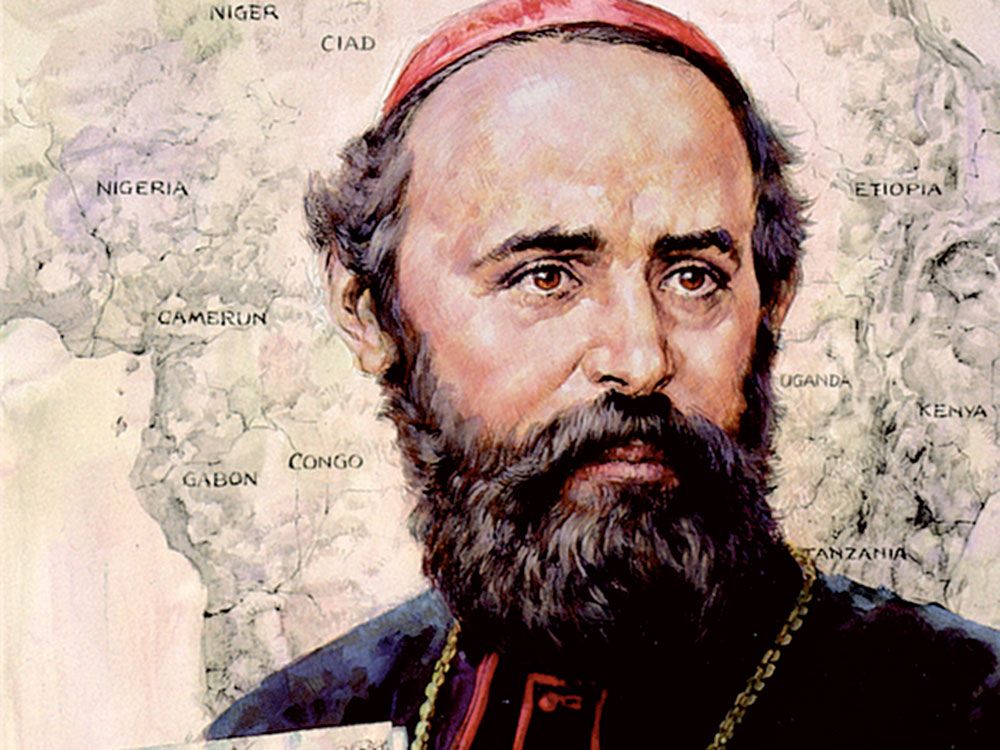The affluent society of the postmodern and globalized era conflates pleasure and happiness. In today’s culture, it is very common to think that pleasure can make us happy. This is the result of manipulation by economic powers, aimed at convincing us that the possession of certain material goods is indispensable for happiness: only prestige, health, youth, and fun can satisfy us.
The message is that, for example, buying new clothes, wearing a new pair of glasses, owning the latest smartphone, allows us to achieve a certain kind of pleasure, but this has nothing to do with happiness.
In this socio-cultural context it is common to fall into another serious mistake–the separation of sexuality from affectivity, by reducing sexuality to the use of the genitalia: erotic pleasure becomes the absolute. Unethical and immoral instincts lead to selfishness, narcissism, and self-destruction.
In fact, many seek happiness with the hope of ending their dissatisfaction. They do not realize that the paradise they seek, or the hell from which they flee, resides within them and not outside them. Happiness can only be found within us; we will find no trace of it in any external good, whatever its value or prestige.
Illusory Satisfaction
Analyzing the motivations of our actions, Depth Psychology concludes that the obsessive search for happiness reveals a deficiency that one tries to fill by rewarding certain needs that give an intense but momentary and illusory satisfaction.
The human being is born with some basic psychological needs such as security, acceptance, affection, esteem, power, and control. When the person during childhood is not sufficiently gratified, he/she unconsciously tends to plan his/her happiness from the gratification of these needs.
For example, people who in childhood has not received sufficient attention and affection need to be constantly reassured and confirmed about their value and identity, their emotional life is blocked by the deficiency suffered in the early years of life and, as a result, they try to fill the void left in them.
Happiness-Programs
When our happiness-programs are frustrated, we experience an emotional reaction that can be anxiety, fear, anger, jealousy, and apathy. From the area of well-being, a hoped-for destination of gratification, we move on to panic.
Our emotional programs in search of happiness prevent us from being attentive to the needs of others. In fact, we cannot be open and empathetic to others when we are closed in by our narcissistic needs and desire, making others’ cries for help imperceptible.
Our personal sin consists basically in ratifying our emotional programs for happiness, conforming to the false values of our cultural context that deny the rights and aspirations of others, opposing our true good, and distancing us from the path of humanization proposed by Jesus.
In our path of growth, we must dismantle our false self with all its unrealistic programs. The first step is to be aware of our ambiguous motivations, the dark side of our personality, and the emotional traumas of early childhood.
Happiness is not the point of arrival, but the effect of a certain way of traveling. It’s about the journey of life. Happiness is linked to the deepest identity of our being. It is the consequence of a lifestyle that corresponds to our ontological vocation. Mature is the person who lives according to her identity, growing up in humanity. The quest to become really human generates a sense of personal fulfillment, serenity, harmony, joy, happiness.
Psychology recognizes that the maturity of the person consists in her ability to get out of herself, to give herself, and to love; she has walked and walks a path of humanization which does not exclude sacrifice and suffering.
Those who love suffer because they sympathize with the difficulties and pain of others. One can be happy even in suffering when suffering’s meaning is found. At the age of fifty, St. Daniel Comboni, the great missionary of Central Africa, for example, wrote six days before his death in Sudan: “I am happy in the Cross, which, gladly carried for God’s sake, generates triumph and eternal life” (St Daniel Comboni, Writings, 7246).
The Path Of Humanization
Love is the source of happiness. St. Paul, in his ode to charity (1 Cor 13), describes well the characteristics of true love: patient, kind, it does not envy, it does not boast, it is not proud, it does not dishonor others, it is not self-seeking, it is not easily angered, it keeps no record of wrongs, it does not delight in evil but rejoices with the truth, it always protects, always trusts, always hopes, always perseveres (cf. 1 Cor 13: 4–7).
Selfishness can offer moments of pleasure and gratification but not happiness, because it closes to love. When God created man, looking at him, He said, “It is not good for the man to be alone. I will make a helper suitable for him” (Gen 2: 18). As if to say that alone we cannot be happy. Happiness lies only in the companionship of those who are like us: this is the way of happiness that the world today seems to have lost.
In Holy Scripture, happiness permeates all reality and enlivens humanity. It is presented through various images: a garden, a water source, a dance, a meeting. It indicates the harmony and peace of being with oneself, with God, and with others. Contentment, peace, and abundance of goods are the reward of a just, obedient and holy living (Dt 28: 1. 3–5).
Never does Jesus of Nazareth want to encapsulate the Good News in a frame of sadness, melancholy, and suffering. Jesus appears as a fully realized man, who lives the Beatitudes and experiences peace and serenity; who participates in the joy and celebrations of others; that opens minds and hearts to procure happiness and the good of all and, in this way, finds His fullness.
In the Beatitudes (see Mt 5: 3–12), Jesus presents the path on which God wants to lead humanity. Happiness is the consequence of the journey of the disciple who follows Jesus, assuming/taking on the Father’s project who is close to the poor and marginalized and gives them justice and freedom. Happiness is living compassion and solidarity with others, offering one’s life for others.
True Happiness
True happiness is understood only if it is related to the deep and true identity of the human person. The Christian revelation and the psychology that is inspired by it, consider that the essence of humanity, that is, our ontological vocation, consists of going out of oneself to meet with our fellow humans, with God, and with the cosmos.
Self-centeredness is profoundly at odds with the nature of the human being. For this reason, happiness can only be the effect of a fundamental attitude of life. It is experienced when one lives responsibly and constructively, with a clear direction and a serious goal, seeking and practicing good, truth, justice, openness to the other, solidarity, sharing, love, the defense of life in all its expressions, but above all, human life.
The concern must not be to seek happiness but to live in coherence with our nature, with what truly gives value and meaning to our existence, because as has already been mentioned, happiness is not the goal, but the consequence of a certain mode with which we travel the journey of our existence.
From a Christian point of view, happiness is the consequence of living as children of God and as brothers and sisters, while facing difficulties and struggles within and outside of ourselves. “For whoever wants to save their life will lose it, but whoever loses their life for me and for the Gospel will save it” (Mk 8: 35).
Happiness is, therefore, linked to the relationship with God, to a relationship of trust and faith, to the certainty of His love, which has its apex in the death on the Cross of His Son, in His Resurrection which is the Father’s confirmation that the way proposed and made possible by the incarnation of Jesus is a way of humanization and a source of happiness.
The “good news” that we Christians are called to proclaim to the world is to choose to love God and the least person; this is the way that is written within us, in our DNA; any other way does not make us happy.

